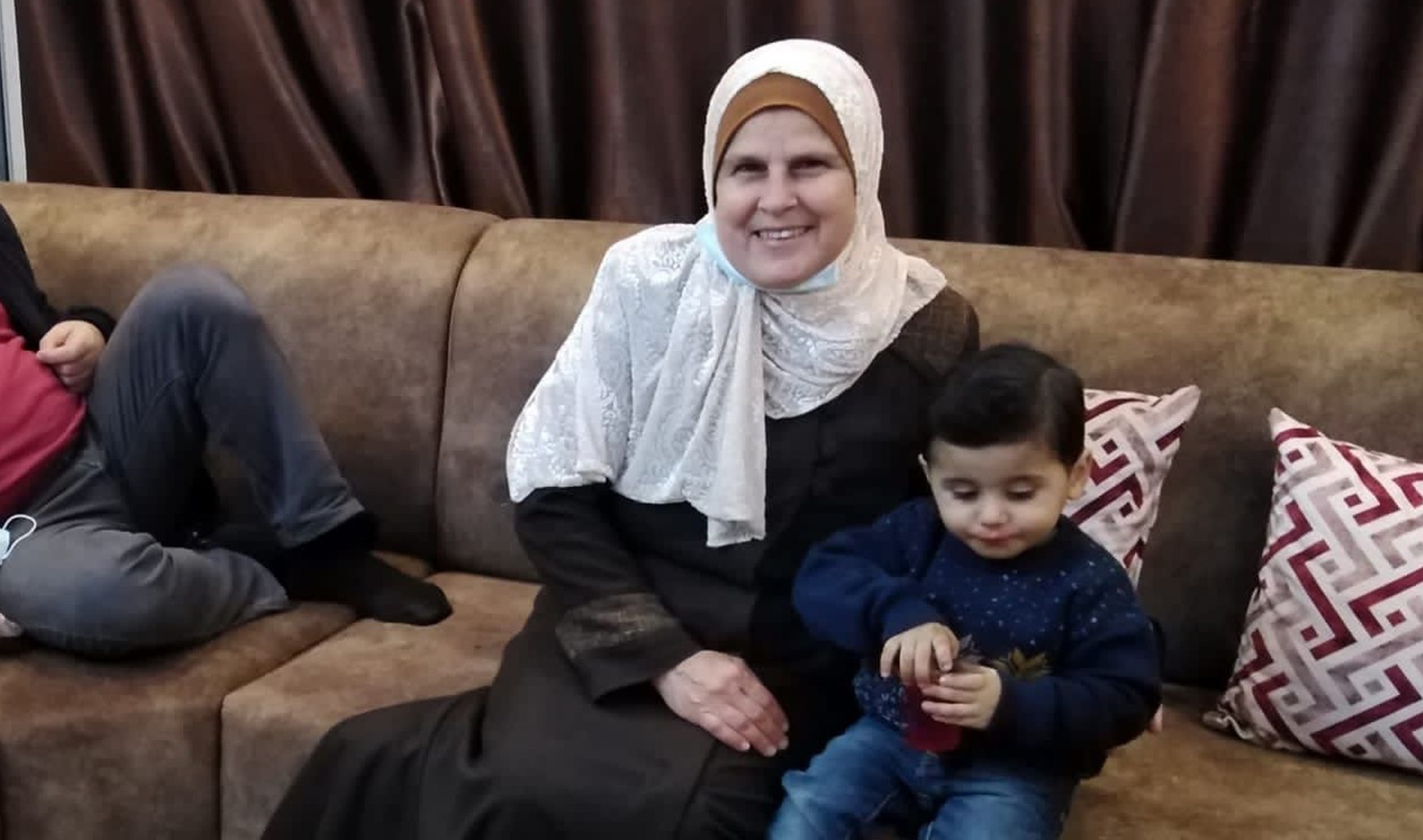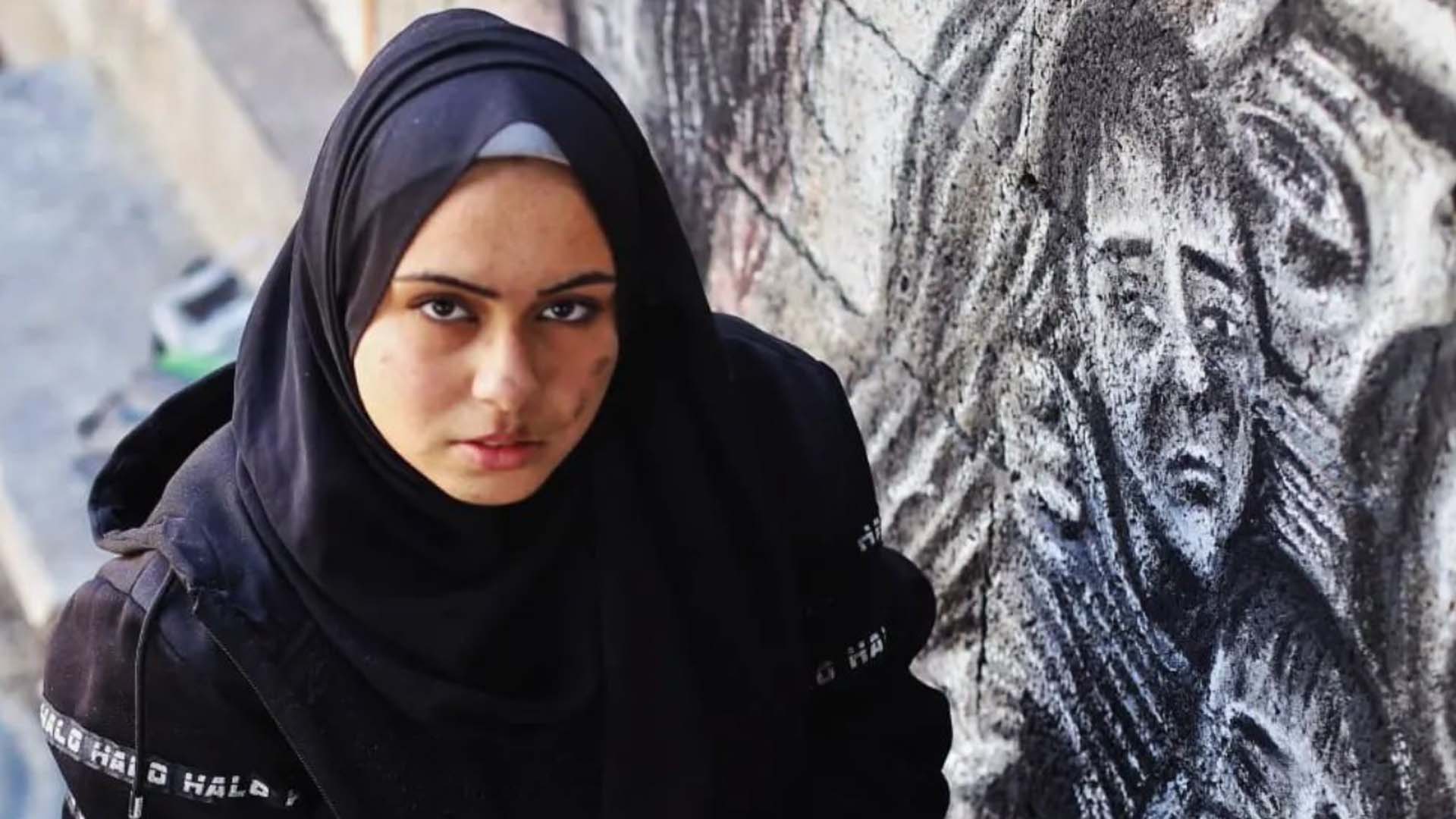Haniyeh killed by ‘short-range projectile’ fired from outside home: IRGC | Gaza News
Iran’s Islamic Revolutionary Guard Corps says Israel will receive ‘harsh punishment in due time and place’ for assassination of Hamas chief.
Hamas political chief Ismail Haniyeh was killed earlier this week by a “short-range projectile” launched from outside his residence in Tehran, Iran’s Islamic Revolutionary Guard Corps (IRGC) has said.
In a statement issued on Saturday, the IRGC said that based on investigations conducted so far, the attack against Haniyeh “was carried out by firing a short-range projectile carrying about 7kg [15.4lb] of explosive materials and launched from outside the guests residency”.
It added that Israel will receive “a harsh punishment in due time and place” for Haniyeh’s assassination, which, it said, was “supported by the criminal government” of the United States.
Israel has neither confirmed nor denied a role, while the US has said it “was not aware of or involved in” Haniyeh’s killing that threatens to plunge the Middle East into further conflict amid Israel’s relentless war on the Gaza Strip.
The Palestinian leader and his bodyguard were killed in an Iranian government guest house in Tehran in the early hours of Wednesday.
Haniyeh had gone to the Iranian capital to attend the inauguration of Iran’s newly elected Masoud Pezeshkian.
According to security analyst H. A. Hellyer, the narrative Iran will adopt to describe the method of assassination of Ismail Haniyeh will shape its escalation against Israel.
“It’s not clear yet how he was assassinated and any conclusion on that regard will have serious ramifications for what sort of escalation will come next and what narrative is gonna be produced,” Hellyer tells Al Jazeera, noting that there are two competing narratives. Citing unnamed officials, including Middle Eastern and Iranian sources, a number of Western outlets had previously reported that Haniyeh was killed by a bomb planted months ago in his accommodation in Tehran.
“There is a difference between these two types of scenarios,” Hellyer says, adding that a missile would suggest that “a security breach may have taken place in terms of knowing exactly where to hit, but it’s a different security breach than if a bomb was smuggled inside Iran.”
Al Jazeera’s Resul Sardar says that although there is a “war on narratives” about how Haniyeh was assassinated, any version of events represents a failure by the Iranian security services.
“It’s quite clear that Iran has been outmatched in terms of electronic warfare and in terms of the signals and communications being intercepted”, he said.
Ibrahim Fraihat, an associate professor at the Doha Institute, told Al Jazeera that Iran’s response is unlikely to mirror its reaction to the Israeli airstrike on its embassy in Damascus last April, when Tehran coordinated its response with several parties, including the United States.
“The assassination of Ismail Haniyeh violated Iranian sovereignty,” Fraihat said. “For that Iran is expected to respond in a way that’s equivalent to the attack they experienced.”
On Friday, thousands of people attended Haniyeh’s funeral prayer at a mosque in Qatar’s capital, Doha, where the Hamas chief had lived along with members of the group’s political office.
His assassination came hours after top Hezbollah commander Fuad Shukr was killed in an Israeli air attack on the southern suburbs of Lebanon’s capital, Beirut. According to Lebanon’s health ministry, five civilians – three women and two children – also died in the attack.
Since the war in Gaza began, the Tehran-backed group has been exchanging near-daily fire with Israeli forces, saying it is targeting military positions over the border.
Iran said on Saturday it expects Hezbollah to hit deeper inside Israel and no longer be confined to military targets after Israel killed the Hezbollah military commander.
Israel said Shukr was responsible for rocket fire that killed 12 youths in the annexed Golan Heights, and had directed Hezbollah’s attacks on Israel.
Israel’s war on Gaza has resulted in nearly 40,000 deaths and displaced almost the entire population of 2.3 million, leading to what UN experts are calling a famine in the enclave. The war started in response to a Hamas-led attack on Israeli communities and military outposts on October 7, in which 1,139 people were killed and about 250 were taken captive.
Over the last few months, Hamas and Israel have been locked in ceasefire talks aimed at ending the killing in Gaza and releasing Israeli captives in exchange for thousands of Palestinian prisoners.
Check out our Latest News and Follow us at Facebook
Original Source






